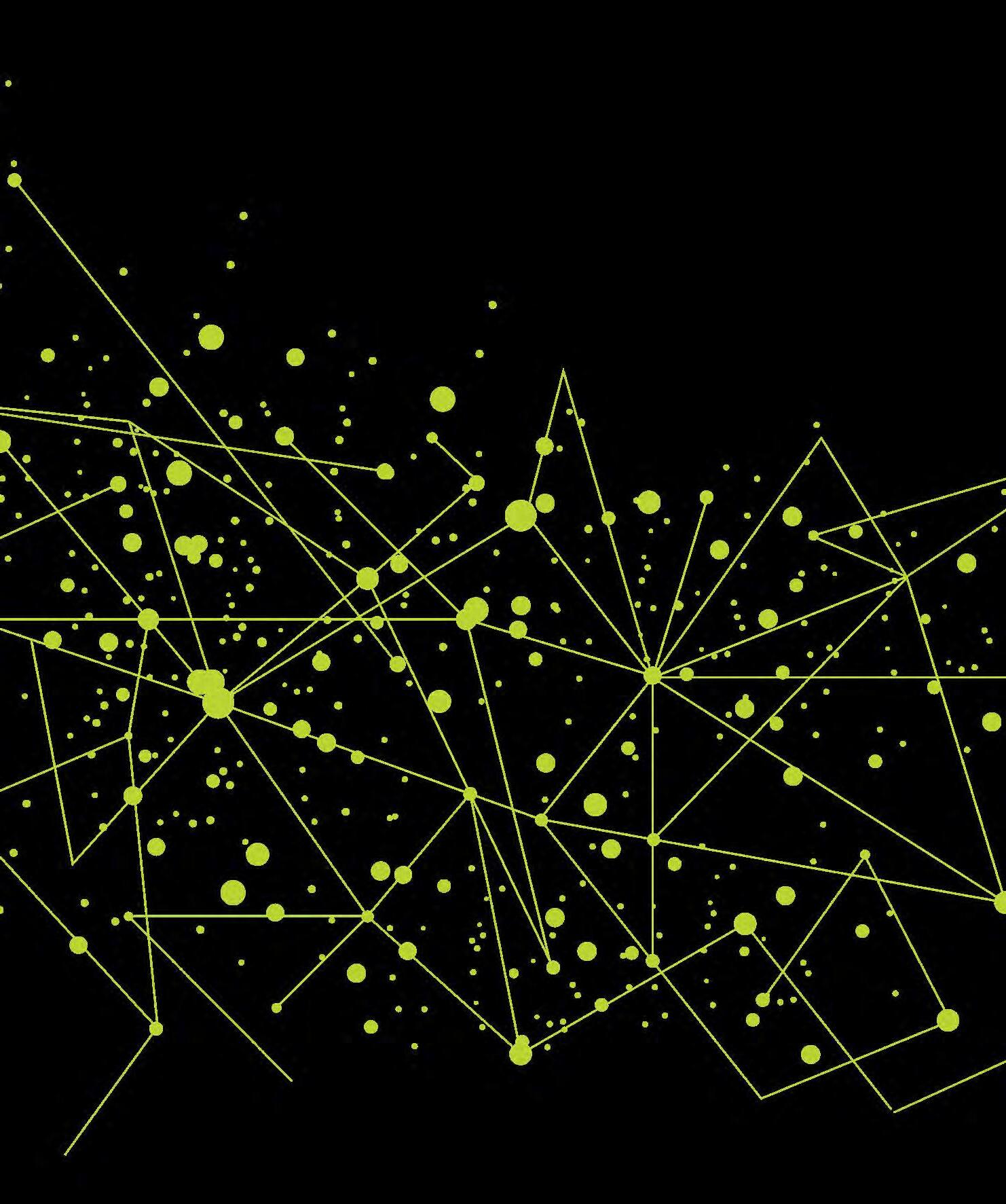SUSTAINABLE DEVELOPMENT GOALS REPORT 2023






The United Nations Sustainable Development Goals (SDGs) provide a valuable framework to assess the progress of a university in both environmental and social sustainability. This in-depth annual report presents insight into the University of Southampton’s progress against the SDGs. The University of Southampton conducts highly impactful work across research, education, engagement, and operations to move towards a sustainable future through our triple helix approach.
In 2023 The University of Southampton was ranked 34th (out of 1395) in the world and 13th in the UK (out of 93) in the QS World University Rankings: Sustainability. The University scored highly across all metrics: environmental impact, social impact and governance showing our dedication to all aspects of sustainability in Higher Education and research.
Following on from our success in the QS Sustainability Rankings, The University of Southampton has climbed in numerous SDG rankings in the Times Higher Education Impact Rankings (which assessed 2,152 institutions in 2023). Notably the University of Southampton was ranked 69th globally in Sustainable Development Goal 17: Partnerships for the Goals, highlighting our incredible global and international sustainability work, education, and operations. We are deeply committed to the principles of Goal 17: Partnerships for the Goals demonstrated by over 63% of our scholarly output being published with international partners, our Civic University Agreement, and our Sustainability and Resilience Institute’s work to develop and support interdisciplinary sustainability networks.
This report showcases our world-class sustainability action and work, and we hope it inspires and catalyses future opportunities, ideas, and collaborations to achieve the Sustainable Development Goals together by 2030.
Professor Phillip Wright Senior Vice-President (Academic)
Sustainability Strategic Plan
and Champion

Owner

Introduction
The University of Southampton is committed to the United Nations’ Sustainable Development Goals through our research, education, engagement and outreach and operations. We are a signatory of the Sustainable Development Goals Accord, demonstrating our commitment as a higher education institution to ‘do more’ to deliver the Sustainable Development Goals.
The University of Southampton’s Sustainability Strategic Plan is based around the SDGs. This Strategic Plan signed off at the highest level of our institution sets out our vision and ambitions for sustainability at the University. We want to embed sustainability in all aspects of the University and to have achieved net zero in our scope 1 and scope 2 carbon emissions by 2030.
To deliver our Sustainability Strategic Plan we have identified and set six goals:
→ Goal 1. Achieve net zero emissions for Scope 1 & Scope 2 by 2030.
→ Goal 2. Measure our total emissions footprint and set targets for Scope 3 emissions reductions.
→ Goal 3. Set a business travel emissions reduction target and implement through an appropriate action plan.
→ Goal 4. Ensure that sustainability is a part of every University education programme by 2025.
→ Goal 5. Make sustainability a cornerstone of The University of Southampton’s research and societal impact.
→ Goal 6. Implement a sustainable and ethical investment policy.
The University of Southampton has set up a cross-University Sustainability Implementation Group under the oversight of the University Executive Board and the Sustainability Strategy Board.
The University of Southampton’s Sustainability and Resilience Institute is
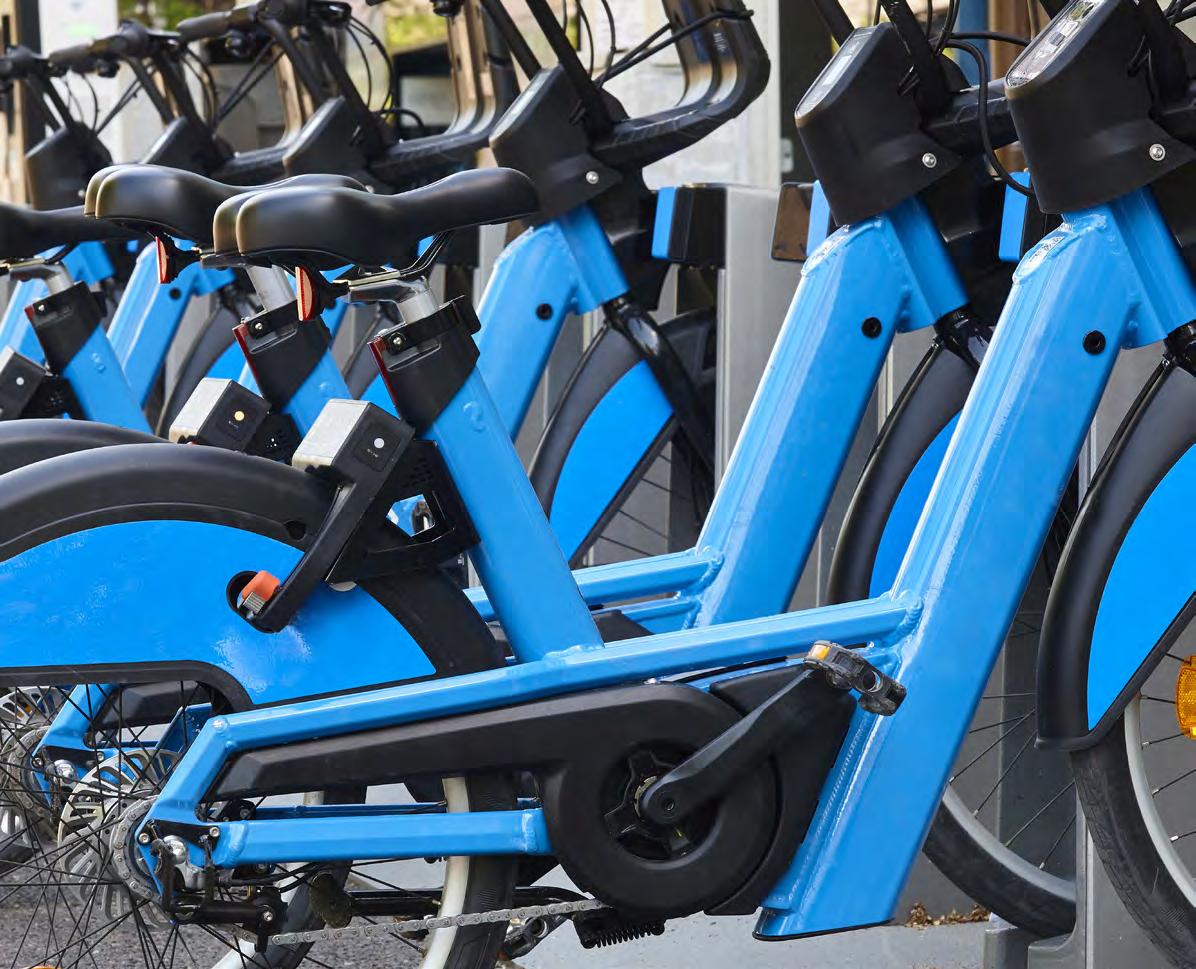
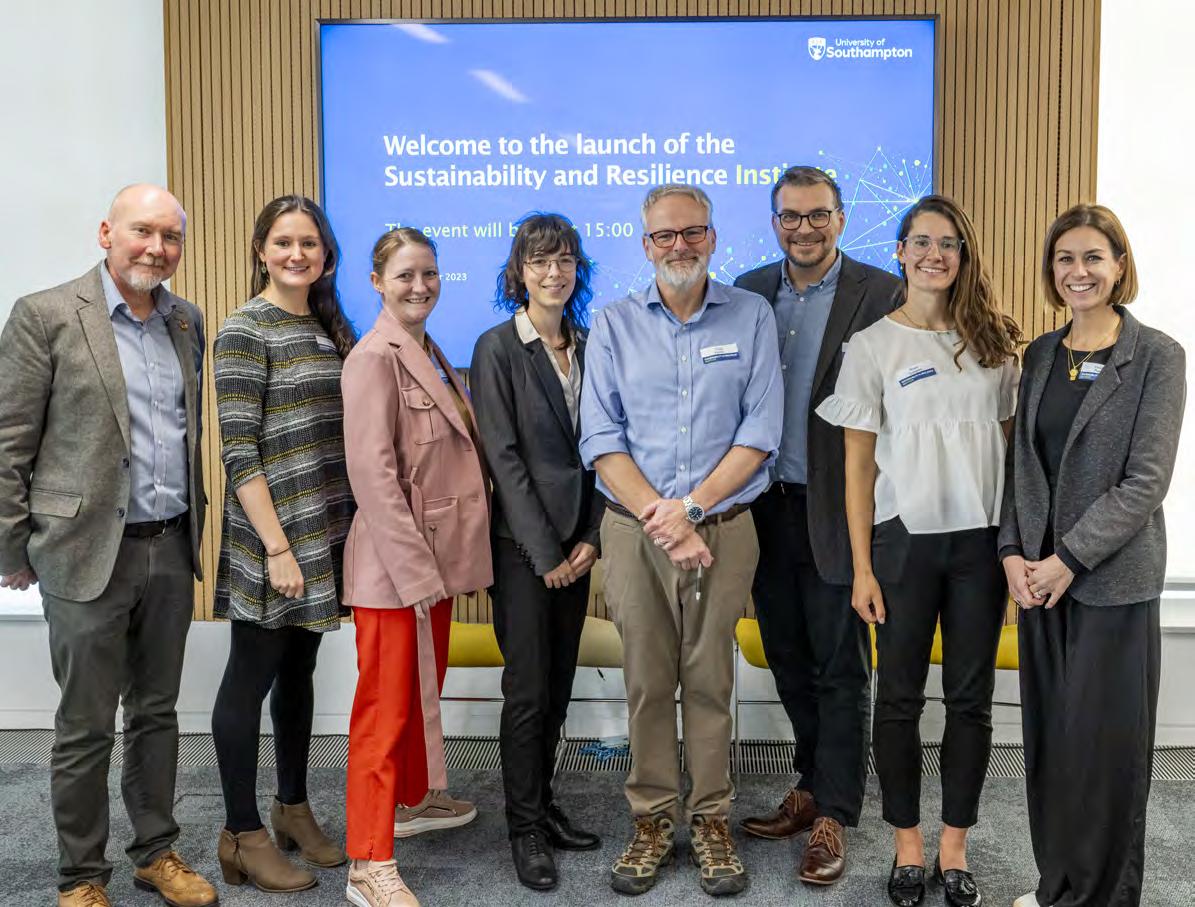
In 2023 the University of Southampton established the Sustainability and Resilience Institute an interdisciplinary research institute tackling the most critical challenges facing society and our environment. The Institute has the primary aim to tackle the most critical challenges facing society and our environment through evidence-based solutions and collaborative work.
The Sustainability and Resilience Institute brings together all our inter and transdisciplinary work in sustainability across the university, giving students as well as staff opportunities to be involved in world-leading solutions led research, education, and enterprise.
Working in partnership with internal and external colleagues the Institute has a collective international reputation for addressing the most challenging elements of sustainability and resilience through interdisciplinary social, cultural, economic, political, and natural environment work. The focus of the Institute on building and enhancing networks that challenge conventional thinking to proactively manage the most wicked of problems that is sustainability and the resilience of our responses.
The work of the Institute is framed through the application of the University’s ‘triple helix strategy’ of intertwining our globally-recognised research, education and enterprise work with collaboration of people running through the centre of everything we do.
The Sustainability and Resilience Institute is in part responsible for the monitoring and reporting of sustainability work and action of the University internally and publicly to University Sustainability League Tables and the SDG Accords. The Institute has a designated Sustainable Development Goals Project Officer to support, monitor and report the University’s progress towards the UN Sustainable Development Goals.
With thanks to members of the Sustainability and Resilience Institute who contributed case studies to this report.

Whilst in this report we align projects with a singular SDG most of our world leading research spans multiple SDGs and are led by interdisciplinary and teams, partnering with global academic, industrial and non-governmental partners and engaging with communities. An example of this collaborative work is The Solent Cluster, a new partnership between University of Southampton researchers, industry partners and numerous other organisations to work towards decarbonising the Solent region. This project encompasses numerous goals, demonstrating wide collaborations, aiming to provide clean energy, reduce carbon emissions to achieve net zero, create decent jobs and improve and enhance industry and infrastructure through its innovative approach.
As a research-intensive institution the impact of our work matters, none more so than in the interdisciplinary field of sustainability. In the following SDG reports we present our Field Weighted Citation Impact; this metric normalises citations of publications against publications of the same type in the same field to demonstrate performance against the average.
A Field Weighted Citation Impact of 1 demonstrates the average, all our Field Weighted Metrics for our research related to each Sustainable Development Goal has been reported higher than 1.5, demonstrating all our research across the Sustainable Development Goals are cited 50% more than the average for that Goal. (See the Methodology Section of this report for how we assigned this metric). Due to the complexity of identifying research for Goal 17. Partnerships for the Goals we have presented our total publications, citations and average Field Weighted Citation Impact across the other Goals. Our Field Weighted Citation Impacts for SDGs 1-16 can be viewed in figure 1. The total percentage of publications for each SDG for 2021-2023 out of publications related to the Sustainable Development Goals can be viewed in figure 2. The total percentage of citations for each SDG for 2021-2023 out of publications related to the Sustainable Development Goals can be viewed in figure 2.
As can be seen in figures 1 and 2, the University of Southampton has considerable output and impact in relation to Goal 3: Good Health and Wellbeing with a Field Weighted Citation Impact 200% higher than the global average and high percentages of our overall publications and citations relate to this goal. These figures illustrate the scale of our activities and overall impact across all seventeen SDGs.

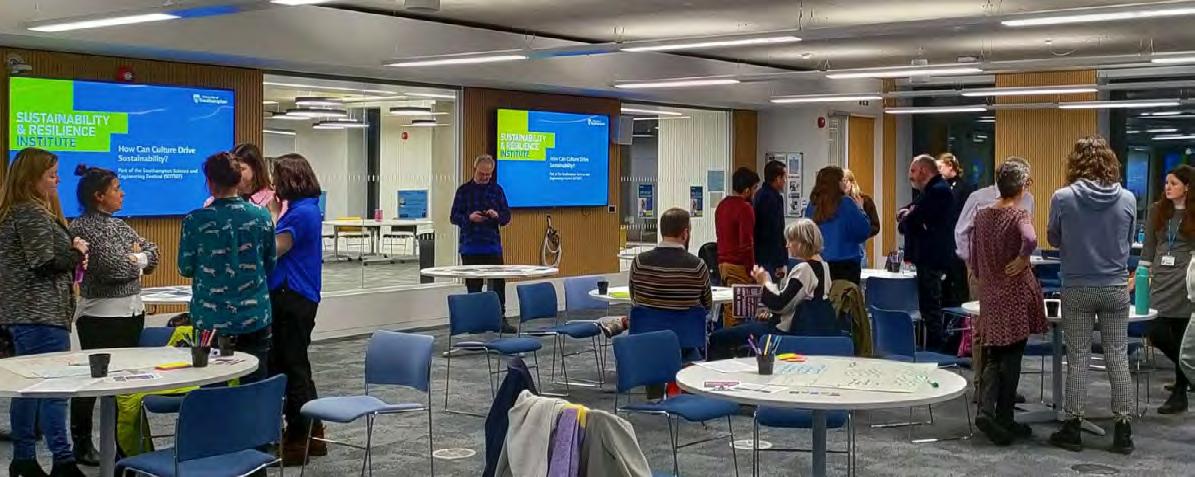
To develop this report, we conducted a review of research, education, engagement and operations for 2023 to present case studies and indications of the Sustainable Development Goal work we do.
The case studies in this report come from across all levels of our academic and engagement communities to show the range and depth of work ongoing at the University of Southampton across research, public and policy engagement
We have included research from both worldrenowned researchers in their field to early career researchers and postdoctoral researchers, alongside representing the work of our students and staff to demonstrate the vital work all of our University community do.
The report for each Goal is divided into four sections: Research, Education, Engagement and Operations.
Research: Any research activity undertaken by members of the University of Southampton
Education: Including modules, field trips, opportunities provided to students in association with their degree or educational opportunities offered to the student body.
Engagement: Includes engagement with the public and policy across all levels of government.
Operations: Any activities, policies, schemes or other activities related to how the University is run as an organisation.

Research metrics were generated using the Elsevier2023 SDG keyword queries on publications in the period 2021 - 2023 indexed in Scopus. Field Weighted Citation Index data was generated using SciVal.
University datasets and publicly available HESA data has been synthesised to present further information on our operations and metrics.
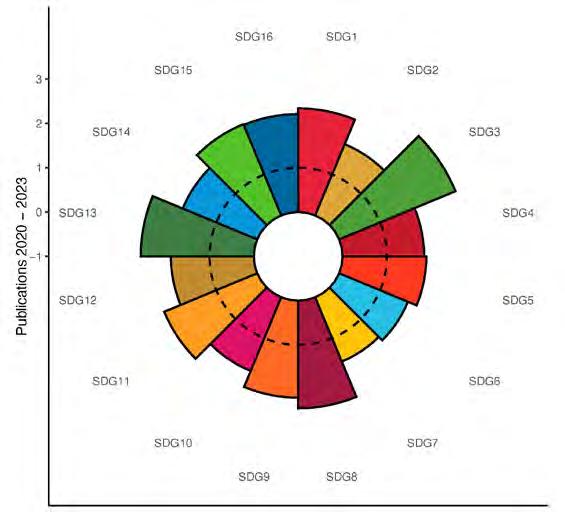
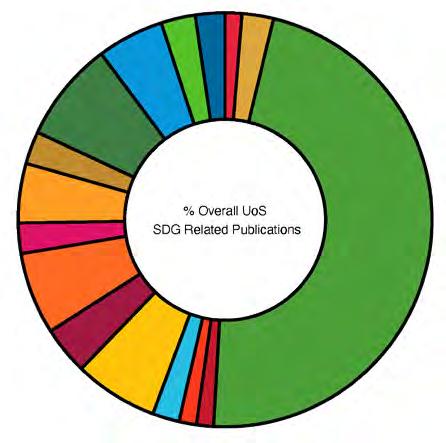

The University of Southampton is a consortium partner of the Data and Evidence to End Extreme Poverty (DEEP) consortium of universities in partnership with World Bank. The consortium seeks to build evidence, insights and solutions to end global poverty. The DEEP consortium aims to generate new global and national data that will be valuable to governments, citizens, researchers and governments in improving the lives of the world’s poorest people and eliminating extreme poverty.
Assessing social vulnerability to riverbank erosion across the Vietnamese Mekong Delta Professor Stephen Darby collaborated with academics from Can Tho University (Vietnam) and The University of Hull on assessing the risks of Mekong Delta riverbank erosion to local communities in relation to their social vulnerability, creating a social vulnerability index for 218 erosion-effected households. The research found that more than 70% of households surveyed had some level of social vulnerability and vulnerability to the impacts of riverbank erosion. The paper published from this research recommends the establishment of community awareness programmes, and policy changes to support livelihood adaptations.
Students on our Demography MSc learn firsthand about the issues and evidence
The University of Southampton’s Social Mobility Network hosted the Social Mobility Festival 2023 which was an extension of Social Mobility Awareness Day. The festival celebrated working class culture, the lived experience of staff and aimed to shine a light on social mobility issues. Several events were run across the festival, including social events, a conference on class barriers in the Higher Education sector and the provision of a safe listening space for staff and students.
We have a designated fund to support students who find themselves unexpectedly in financial hardship regardless of household income, course level or age. Research

Find out more: Scan the QR Code to listen to a podcast episode related to this SDG!
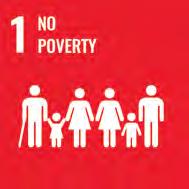

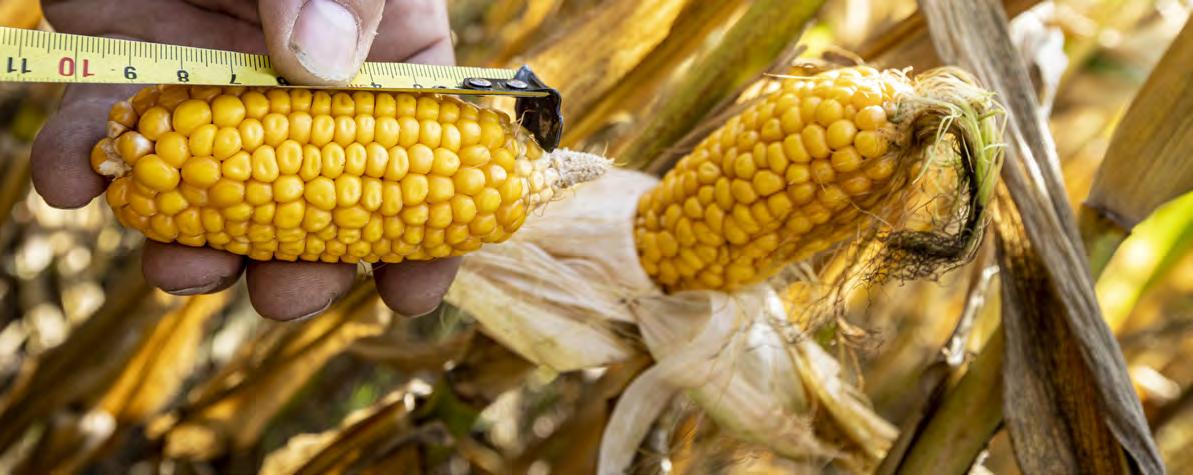
The University of Southampton is leading a new UK innovation hub tasked with transforming the nutritional quality of UK food and drink. The hub will generate new research and evidence to inform healthy diets and lead industry collaboration alongside partner universities. The hub will address the challenges of obesity and undernutrition, helping people make healthier choices around their diet and providing affordable higher quality food and drink.
Mapping Southampton’s Food System
The University of Southampton’s School of Biological Sciences collaborated with Southampton City Council, with facilitation by Centre for the South, on a project mapping Southampton’s food systems This research found that children in Southampton are more likely than the average to be overweight or obese, rely on free school meals and suffer from dental decay. Additionally, this research explored access to adequate food stores with affordable healthy food and its relation to deprivation and diet. This work identified key recommended actions to improve Southampton’s food systems and generated a policy brief on this topic.
Our medical students are taught the importance of Food Systems in specialised modules, informing them on globalisation and public health nutrition, sustainable diets and the needs around national food security strategies.
Malnutrition eLearning
Public and free elearning is provided for those involved in child healthcare to identify malnutrition in children and understand and manage the specific needs of children with malnutrition based on WHO guidelines.
Growing Wild Citizens @ School led by Dr Jenny Baverstock was an action-oriented project encouraging children to take a citizen science approach to thinking about the food they eat, and how to grow food plants in their school grounds in a sustainable way. The children monitored how their food plants grew, while considering their impact on health and wellbeing and on the environment. They have also been supporting developing skills to communicate their new knowledge and experiences within their community.
The University of Southampton has a sustainable food policy that details our commitment to ensuring we source food provided on campus as sustainably as possible. Our on-site food outlets work to provide healthy and nutritious food options to students, staff and visitors at fair and reasonable prices.
Our Student’s Union have the SUSU Food For All programme, providing free tinned, dried and long-lasting food to any student who needs.
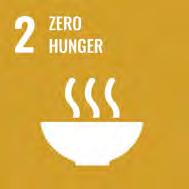

Exploring the Impact of Climate Change on Food Security and Health in Rural Ghana
The University of Southampton collaborated with the Mion District of Ghana and Northern Ghana regional Health Service Directorates, the Mion Local Assembly and local residents to conduct a survey and focus groups in Mion District, Ghana in 2023. This study measured the prevalence of food insecurity and perceptions around food insecurity, climate change and health. The study found all participants experienced food insecurity to some level, and most participants had been unable to reach their local health facility in the past year due to climatic conditions such as rainfall or extreme heat.
Multidisciplinary Ecosystem to study Lifecourse Determinants and Prevention of Early-onset Burdensome Multimorbidity (MELD-B)
The MELD-B Research Collaboration seeks to understand the impact or burden of having multiple long term health conditions and discover the best opportunities for interventions. A growing number of people are living with several long-term health conditions like diabetes, heart disease, depression or dementia known as multiple long-term condition multimorbidity (MLTC-M). Many things throughout a person’s life influence the chances of developing health conditions, including biology (e.g. age), things that happen to them (e.g. infections), behaviours (e.g. smoking) and broader experiences (e.g. the environment people grew up in and their work). People from
we train are: Medical Doctors, Midwives, Nurses, Mental Health Practitioners, Physiotherapists, Podiatrists and Pharmacists.
Agora Digital Centre
The Agora Digital Centre provides support and training for public and patient engagement in health and social care research, connecting researchers with patients and the public to ensure patients can participate in research. Agora Digital Centre provide consultancy and online courses to support organisations and researchers seeking to involve patients and the public in health and social care research.
The university provides 24/7 support in halls of residence for students, and all students can access mental health support including self-help resources, counselling, mindfulness classes and drop-in sessions. We have specially designated rest and study rooms for students with disabilities and longterm health conditions to ensure these students can study and relax on campus in the ways appropriate to them. We provide specialist support for those students who identify as neurodivergent and those with specific learning differences. This support may be in the form of 1:1 study skills support or specialist study skills sessions.

98,727
Number of Citations
We have on campus health services that provide Research Outputs: 3,842
Field-Weighted Citation Impact: 2.84 International Collaboration 62.1%
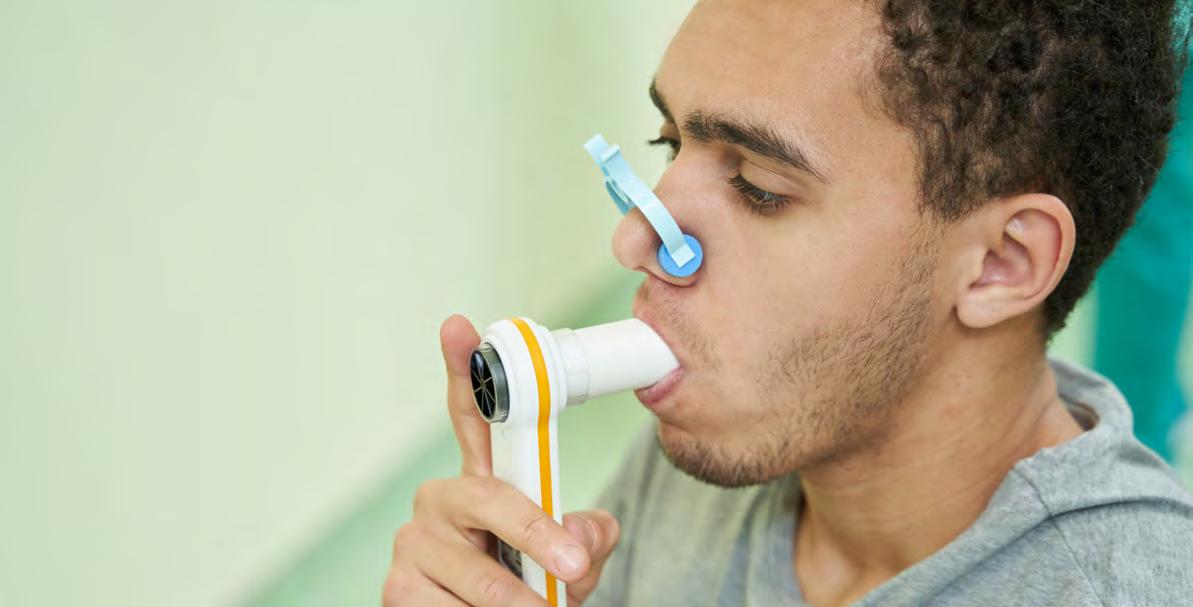
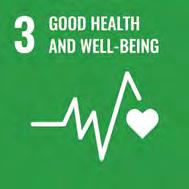

Co-Principle Investigators Doctor Michael Head (University of Southampton) and Doctor Victor Mogre (University for Development Studies, Ghana) used a dialogue based intervention to sustainably implement a community-based systems approach to climate services for health in rural Ghana. The study sought local knowledge and explored the potential of community led dialogue to improve decision-making by policymakers, focusing particularly on climate change and health. Specific health conditions will be negatively impacted by changes in the climate and reduced access to healthcare, such as yellow fever (and other diseases borne by mosquitos), Neglected Tropical Diseases alongside food and nutrition security issues. The study uses an innovative methodology, gathering electronic data by trained local residents. This project is a research partnership between The University of Southampton and The University for Development Studies, Ghana.
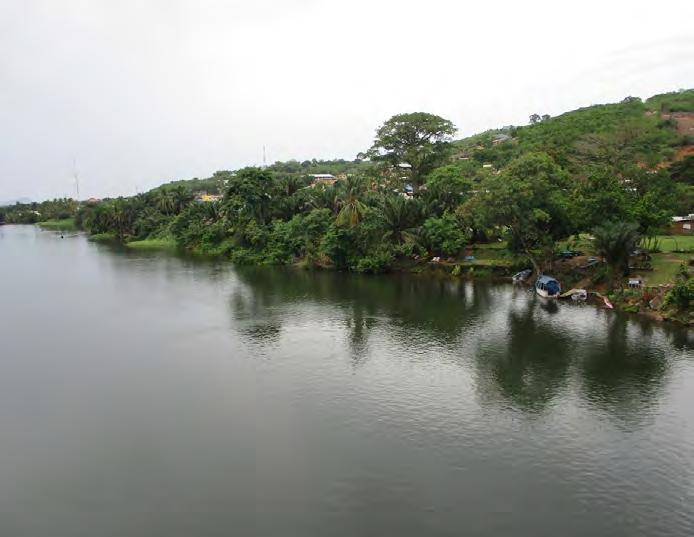
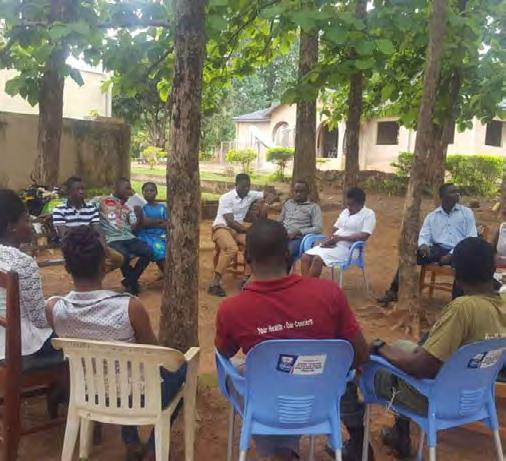

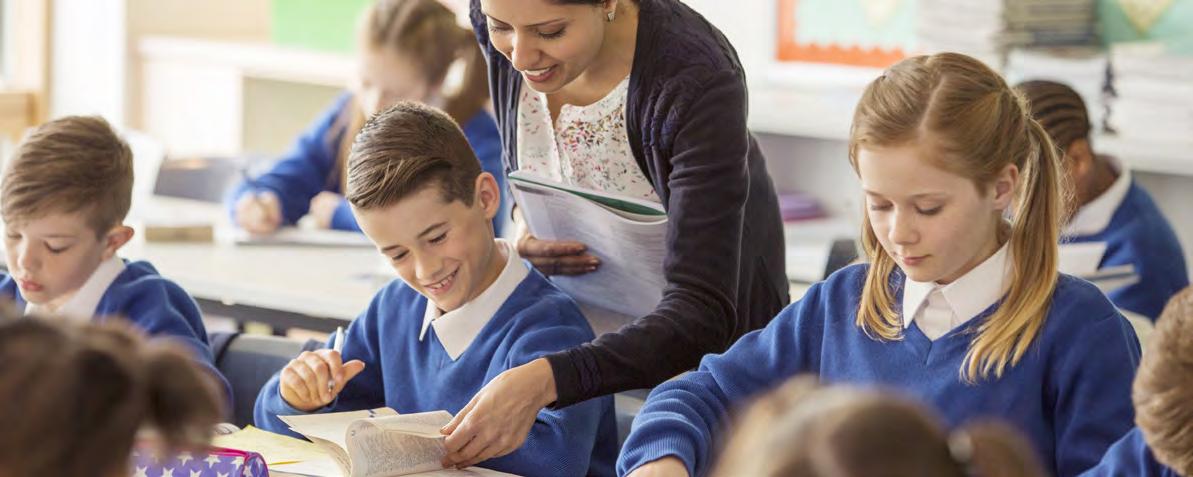
Professor Christian Bokhove’s research has highlighted how maths textbooks can help teachers improve pupil’s mathematics skills In the UK maths textbooks have become less available, with teachers having to produce their own materials. Professor Bokhove and the Mathematics and Science Education research centre are reviving and updating previous maths resources and textbook content, digitising it for use within UK maths teaching.
The University of Southampton Education School provides a faceted array of modules on their undergraduate degrees, giving students the ability to learn across education topics such as providing education for adult learners, the needs of Autistic learners, Social Justice & Inclusive Education and developing a strong sense and understanding of the current issues in providing quality education across demographics.
SOTSEF
The Southampton Science and Engineering Festival (SOTSEF) is our annual and awardwinning public science festival. The festival runs over a period of ten days and visitors can experience a wide range of innovative and fascinating interdisciplinary events, from live performances to interactive activities to tours of our would class laboratories and facilities visitors of all ages and backgrounds can engage with university staff, students and researchers.

The University provides free online learning through platforms such as FutureLearn where the public can learn about a wide range of topics, from addressing global challenges to the uses of insulin.
The University’s Education school is a partner in ‘Creating Organisational Structures for Meaningful science education through Open Schooling for all (COSMOS)’, is a project enabling secondary and primary schools to engage with local communities to become ‘open schools’ through science education. The project aided schools and their communities to explore sustainability related issues, such as climate change, biodiversity loss and diet. The COSMOS consortium includes thirteen partners in seven countries, fostering collaborative relationships between schools, local businesses and NGOs to develop meaningful science education.
Members of staff also host a variety of free podcasts such as The Sustainability and Resilience Institute’s Meliora Podcast, providing a wide range of insights from sustainability academics, alumni, professionals, and staff. The Meliora Podcast also provides undergraduate students with the opportunity to discuss their research projects and share them with a wider audience and gain valuable learning experience around disseminating their research.
Public Policy Southampton host the Policy Pod giving the public the opportunity to learn more about our researchers and experts critical work tacking global challenges.
ePrints Soton provides students and staff access to research from across the institution, giving students access to our world class research to further their studies and knowledge. Our library services provide support to students with subject guides, one on one support, study skills support and Special Collections with around 7 million manuscript items and 50,000 printed books.
Research
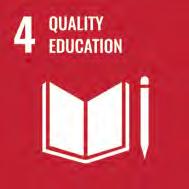
Redressing Gendered Health Inequalities of Displaced Women and Girls
The Redressing Gendered Health Inequalities of Displaced Women and Girls (ReGHID) project has provided recommendations to Central and South American policymakers on the sexual and reproductive health needs of forced migrant women. The interdisciplinary consortium sought to empower the women included in the study by giving them space to share their experiences through interviews, focus groups and participatory research using arts-based methods. The team have made a documentary based on the voices of the women involved in the project alongside developing a guide in partnership with the women to provide information to other forced migrant women and girls on their rights.
Stefan Cross Centre for Women, Equality and Law
The Stefan Cross Centre for Women, Equality and Law was established due to a generous donation from Southampton Law School alumnus Mr Stefan Cross KC. The Centre researches the structural, societal, legal and regulatory issues around gender discrimination using a multidisciplinary perspective.
The University in partnership with the British Council offer five fully funded scholarships female students from several South Asian Countries to address the imbalance of women represented in STEM subjects. The scholarship is for eligible postgraduate study and covers all costs.
International Women’s Day
For International Women’s Day 2023 University and the Student’s Union organised a variety of events, including Women in Sport week with free sport activities alongside outreach activities and film screenings. Additionally numerous talks and engagement activities were organised such as Dr Kizanne James-McCarthy delivering a talk on helping women access better healthcare, a University of Southampton Race,
Ethnicity and Cultural Heritage Network (REACH) event with award winning local chef Shelina Permallo concerning the cultural importance of foo, and a panel discussion with academics reflecting on their careers, challenges for women within academia and the need for change.
The University of Southampton is a founding signatory of the Athena Swan gender equality charter and holds an institutional Silver award. As a signatory, we recognise the specific challenges that affect men and women in academic careers, which leads to fewer women at senior levels of higher education. We are committed to addressing these issues, to maximise the potential of all our people.
We successfully renewed our Athena Swan Silver award in 2022. We’re proud to be one of only 20 UK universities to hold this level of award (at the date of renewal). A Silver award recognises a significant record of activity and achievement by the institution in promoting gender equality and in addressing challenges across different disciplines. The University has numerous departmental awards held by faculties and schools.
Research Outputs: 256
2858
Number of Citations
Field-Weighted Citation Impact: 1.89
International Collaboration 61.7%
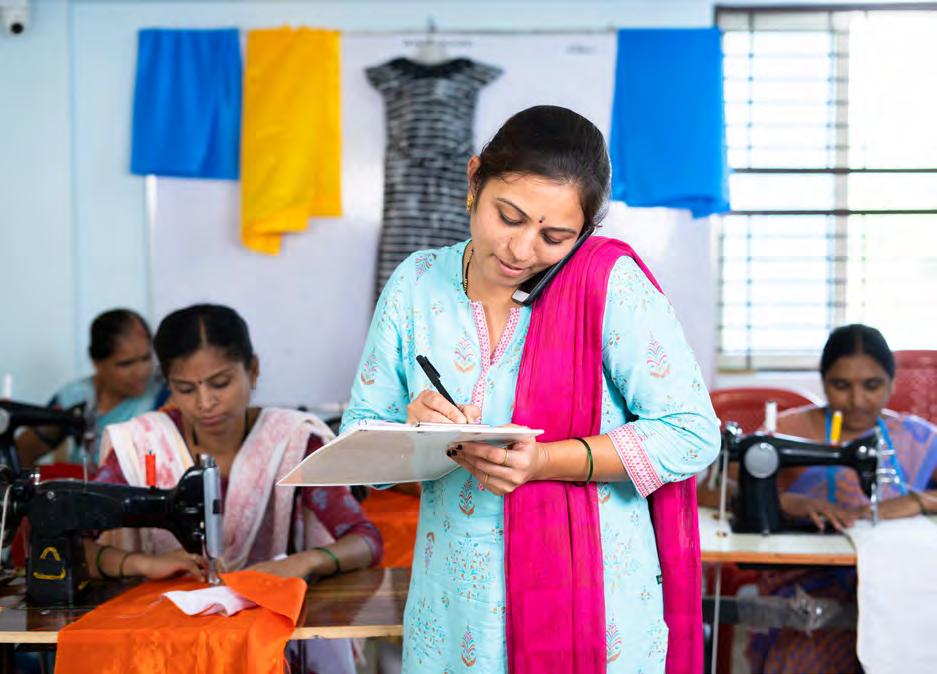

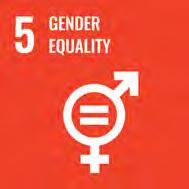
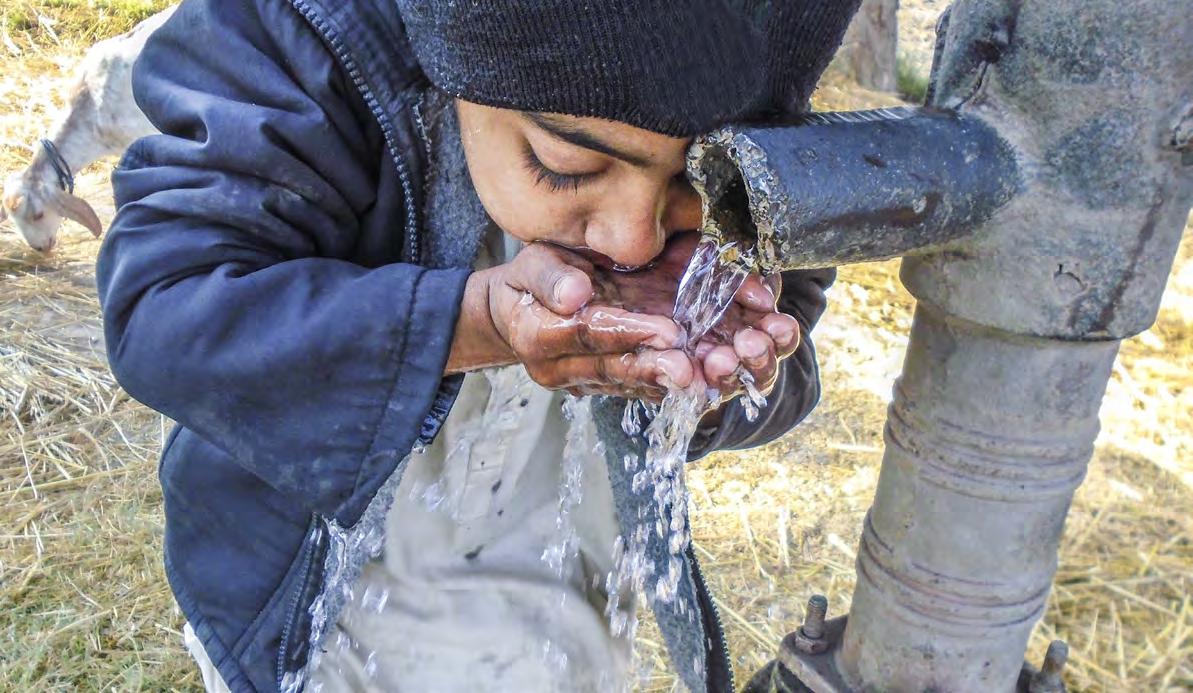
Domestic drinking water availability in Sub-Saharan Africa: Investigating drivers and indicators
For her doctoral thesis Dr Mair Thomas-Possee explored the inequalities households experience in drinking water service and the associated contextual and compositional factors around service interruptions. Her work recommends that improving the quality and availability of domestic drinking water is vital across Sub-Saharan Africa to improve living standards and reduce negative health impacts.
Phosphorus in Chalk Streams
University of Southampton researchers are working in partnership with the Environment Agency, Hampshire and Isle of Wight Wildlife Trust, the Test and Itchen Association alongside other partners to determine the key processes that contribute to phosphorus entering chalk streams. Phosphorus can cause deterioration of chalk streams and understanding the processes contributing to increased phosphorus in chalk streams in aid in managing risk and recommending methods of evaluation and management of phosphorus in chalk streams.

Find out more:
We provide a focused Water Pollution module, this provides students with a comprehensive understanding of the fundamentals of the issues currently surrounding water pollution, and the science behind the consequences of different types of water pollutants and their sources and modes of transport into our waterways and marine environments.
The University of Southampton has developed and published a policy brief on work conducted by researchers, led by Professor Carmine Ornaghi with Southern Water to analyse water consumption in newly metered customers. The brief details how findings show that water usage decreased when customers are metred, improving water efficiency. The brief recommends metering should be rolled out across England and Wales and water saving devices should be distributed and installed to large low-income households to improve water usage efficiency and improve affordability.
Free drinking water is provided across our campuses with water fountains widely available for students to fill their reusable cups and bottles. We measure and monitor our water usage across campus to work towards reducing our overall consumption.
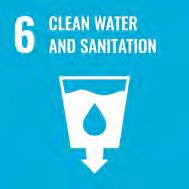
Research Outputs: 236
Number of Citations 4387
Field-Weighted Citation Impact: 1.68
78.4%
International Collaboration

Research Outputs: 915
13,706
Number of Citations
Field-Weighted Citation Impact: 1.57
The Energy for Development Network (e4D) is a long running programme aiming to initiate studies in electricity access for lowincome and hard to access areas in Sub-Saharan Africa, aiming to bring together research and implementation of rural electrification projects. The projects under E4D include mini grids in Kenya and Uganda, solar home systems and capacity building.
Smart Cloth
Doctor Katrina Morgan and her team are developing wearable energy harvesters using humans as the power source. Power can be harnessed from untapped thermal resources that surround us everywhere, providing lowcarbon renewable energy from waste heat. Our own bodies are an ideal energy source for powering low-power internet-of-things devices, such as fitness trackers and medical sensors, which are estimated to reach over 125 billion in number by 2030, all of which will require power. Converting temperature gradients into energy can be done using thermoelectric generators. These generators can be made flexible, and therefore are ideal for integrating into wearable systems as uninterrupted continuous power
We offer a Mechanical Engineering/ Sustainable Energy Systems Master of Engineering course, students undertaking this course will develop core and advanced skills in this area, with focuses on fuel cells, photovoltaics, biomass systems, tidal energy and wind turbines. This course is accredited by the Institution of Mechanical Engineers, the Engineering Council and the European Accreditation of Engineering Programmes.
The University of Southampton is a partner pledge for The Green City Charter for the City of Southampton, which commits to using energy generated from renewable sources and net zero by 2030.
The University of Southampton is on a renewable energy tariff, and all energy paid for by the universityis generated by renewable sources, such as solar and wind.
69.1%
International Collaboration
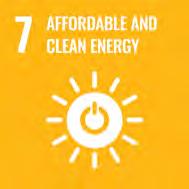
Find out more: Scan the QR Code to listen to a podcast episode related to this SDG!

Led by Doctor Trang Gardner this project uses qualitative methods to gain the stories of female entrepreneurs in Bangladesh, Vietnam and Malaysia. Exploring their experiences in their local contexts and how they have generated work practices that enable them to work in their unique cultural contexts alongside their families, lives and spiritual assumptions. The project findings will be used to inform policymakers on the improvement of the welfare of female entrepreneurs in these countries.
Enhancing neurodivergent graduates’ employment: a graduate capabilities approach (ENGAGE) is a participatory research project, the University of Southampton is working in collaboration with Lancaster University and the Association for Graduate Careers Advisory Services to gain understanding of the experiences of neurodiverse graduates transitioning to employment. The project aims to understand the barriers and challenges experienced by participants and employers’ perceptions of neurodivergent applicants.
Many of our degrees offer work placements or pathways including a year in industry, all students on an eligible degree can opt to take part in a Year in Employment Placement. Students are provided with support in sourcing employment by Careers, Employability and Student Enterprise, we provide continued support for our students during their year in employment and work to ensure they are able to restart their studies smoothly following the experience. This programme offers students the opportunity to develop skills, explore their future employment options and gain experience.

Careers Support for Alumni We offer careers support for our alumni, giving them access to our in-depth career resources and access to our careers fairs and workshops. Alumni can engage with our UoS Career Hub to further their employment.
The University of Southampton recognises the right of our employees to union membership and provides Union information to employees and potential employees.
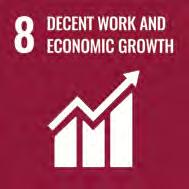

The University of Southampton strives to work towards both social and environmental sustainability across all aspects of University life. We have a wide array of policies and strategic plans that support our staff, students and community through our Triple Helix Approach.
The University of Southampton has a publicly available environmental policy. This policy was updated in 2023 and signed by Professor Mark E. Smith CBE President and Vice Chancellor of the University of Southampton. The policy is reviewed annually as part of our Environmental Management System review and Sustainable Development Goals reporting.
The University has a publicly available Sustainability Strategic Plan 2020-2027 (updated from the 2020 – 2025 plan in 2023).
The University of Southampton updated its Travel Plan in 2024 including improvements and consideration of the sustainability challenges around travel for our staff and students.
The University of Southampton is part of the Southern Universities Purchasing Consortium (SUPC) and is therefore a Consortium Affiliate of Electronics Watch. Electronics Watch is an independent monitoring organisation which works to achieve respect for labour rights in the electronics industry.
The University of Southampton has signed the ‘Can’t Buy My Silence’ Pledge, committing to: “not using non-disclosure agreements (NDAs) to silence people who come forward to raise complaints of sexual harassment, abuse or misconduct, or other forms of bullying.”
The Access and Participation Plan sets out how we, as a university, will improve equality of opportunity in higher education.
The plan covers how we encourage a broader spectrum of students into higher education and how we support all students to achieve their very best whilst they are studying here. We have a long-term record in supporting access, participation and success by students from underrepresented groups and we are proud of the many and varied ways we support the needs of students during their time with us.
Our Access and Participation Plan has been developed in close consultation with the Southampton University Students’ Union.

The Professor Ajit Nayak and colleagues have worked in partnership with two companies to use academic insight and knowledge to address strategic challenges around digital and sustainability priorities. The use of academic knowledge has aided the participating companies in overcoming their specific challenges and gave them new resources and knowledge.
The University of Southampton was awarded UK Research and Innovation funding to lead a new Artificial Intelligence Centre for Doctoral Training in AI for Sustainability (SustAI). PhD researchers enrolled in the centre will research a broad range of vital topic areas concerning the potential for AI to be applied to sustainability challenges.
Our Civil Engineering students undertake the Liveable Cities module, gaining insight and context for the complexities of shaping cities into places that meet people’s needs across work and life. Following from this module students complete a City Infrastructure Design Project, developing a project that works towards a particular issue or impact. Projects integrate concepts of sustainability project management and structural design, with students developing the project from concept to deployment plan.
Student Innovation Projects provide students
Our Foundership scheme gives students the opportunity to develop their own business ideas with £3000 funding, expert support and skill development over the 12-week scheme.
The University of Southampton is part of the SETsquared partnership between the top six research universities in the UK. SETsquared is a business incubator that provides acclaimed programmes to develop innovative ideas into successful businesses. Since its launch in 2002 SETsquared has supported over 5000 entrepreneurs in raising investments of over £3.9 billion.
Future Towns Innovation Hub situated in the University of Southampton Science Park provides a collaborative industry-academic Centre of Excellence that amalgamates expertise, skills, and knowledge with cutting-edge research laboratories, conveniently accessible to local businesses and enterprises, to promote innovation.
The University of Southampton’s FutureWorlds is a start-up accelerator that supports students and staff in becoming founders of their own start up businesses with innovative ideas and support from successful mentors. Startups supported by FutureWorlds have found success globally and cover a broad range of innovative concepts, from AI to biotech.
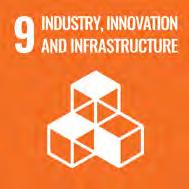
Research
13,436
Number
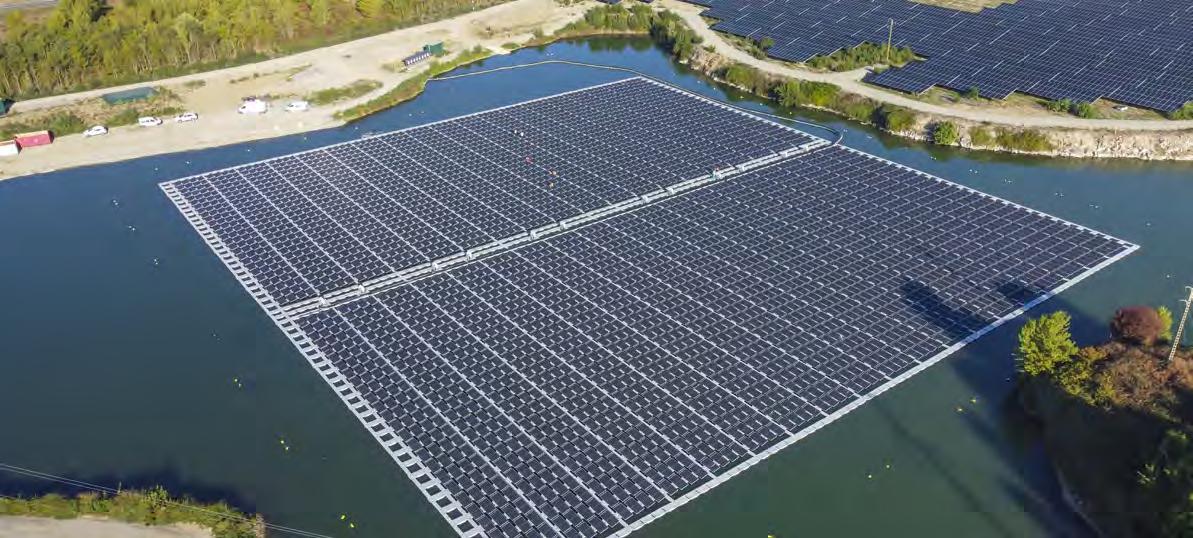


Research
Assessing Flood-Risk Preparedness, Response and Post-Disaster Reconstruction in Hull Through the Frame of Antiblackness: Living the Afterlife of Slavery
PhD researcher Michael Lomerty’s research uses antiblackness as an epistemology and a theoretical ontological framework through which to seek to uncover truths in climate change discourses. Aiming to uncover if and how climate change responses, despite their many positives, appear to mirror other structures of society where Black lives are disregarded.
Education
Across our degree programmes we run numerous modules examining inequality, its causes and impacts. Such as our Wellbeing, Inequality & Place module which examines the unequal distribution of health outcomes across space and examining contemporary issues such as environmental racism, the refugee crisis and food poverty. We also provide the module Inequalities in Everyday Worlds which considers the experiences and meanings of inequality.

Find out more:
Scan the QR Code to listen to a podcast episode related to this SDG!
Pathways to Health through Cultures of Neighbourhoods
Pathways to Health is a collaboration between the University of Southampton academics, Southampton Institute for Arts and Humanities, Southampton City Council, local charities and businesses to place young people from deprived communities in Southampton at the centre of work to improve their needs within integrated care systems. The project seeks to develop culture-led routes to health for young people that can be implemented nationally.
The University of Southampton has a dedicated Equality, Diversity and Inclusion Strategic Plan ensuring everyone feels welcome, included and supported for who they are and equality, diversity and inclusion are embedded in our University Strategy.
We are an accredited Disability Confident Leader, we ask all applicants in their submission if they wish to be considered under the Guaranteed Interview scheme. Voluntarily opting into this scheme means we offer any applicant with a disability an interview if they meet the minimum requirements of the role.
The University of Southampton joined Advance HE’s Race Equality Charter and received the REC Bronze award. The University adopted the Race Equality self-assessment framework as a rigorous and transparent means of understanding and progressing race equality across the institution, and as part of this process a Race Equality Action Plan has been developed.
Research
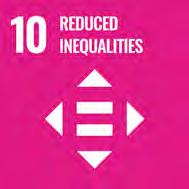
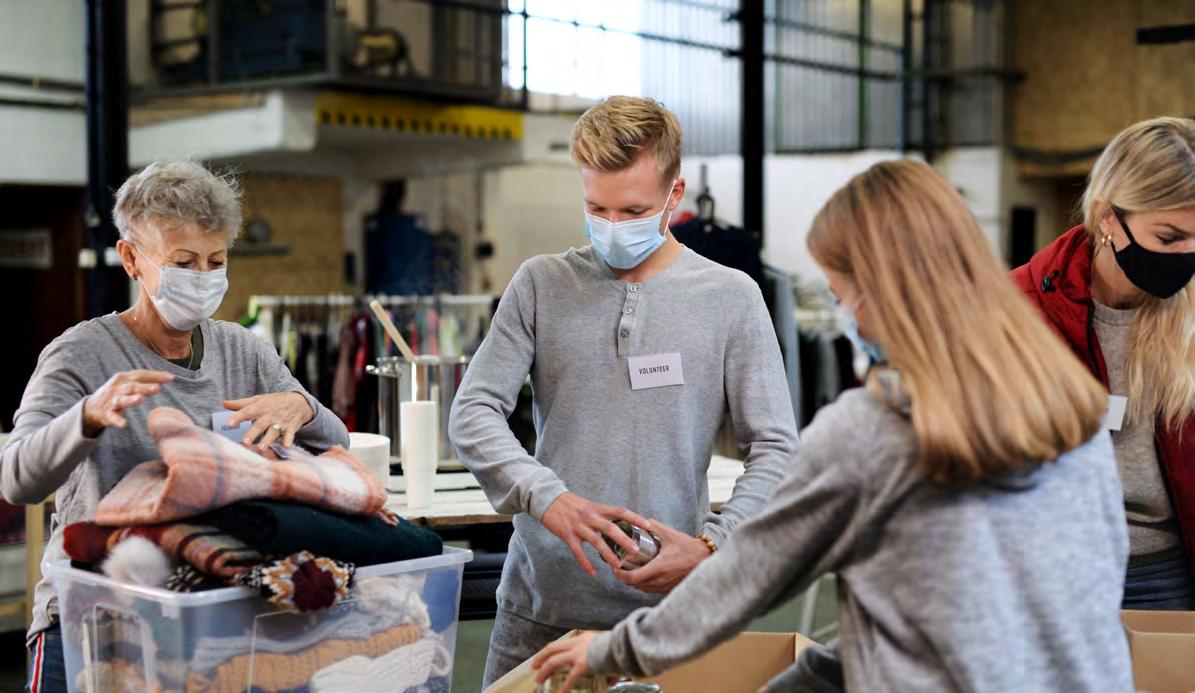
Bringing Heritage to Life: Reliving Southampton’s Medieval Past Through Digital Storytelling has worked to preserve and showcase the historical and cultural heritage of Southampton in collaboration with Southampton City Council Heritage and Museum Collections. The project has aimed to transform access to heritage resources through knowledge exchange, digital recording and developing 3D models of monuments and developing Augmented Reality viewing.
Institute for Art and Humanities
The Southampton Institute for Arts and Humanities (SIAH) places culture at the heart of world-changing research. The institute works across a broad range of subjects, collaborates broadly and promotes the vital insights of the arts and humanities fields. The institute uses creative methods to engage with communities and supports local, national and international projects.
The Winchester School of Art is part of the University of Southampton and is one of the leading art and design institutions in the UK. Providing education across the arts the school provides valuable education and training related to our cultural needs and understanding.

Southampton Institute for Art and Humanities
Professors Will Jennings and Gerry Stoker have analysis to UK policymakers on neglected towns politically, Labour MP Lisa Nandy made a speech based on their data analysis. A think tank, Centre for Towns was set up by our academics to categorise places in England considering size of settlement and understand difference in attitudes. This think tank has provided vital evidence to politicians on the feelings of town residents of feeling uncared for by politicians in comparison to those in cities.
On Highfield Campus we have the University of Southampton’s music venue Turner Sims, this venue brings the joy of music into our student and local community with performances from students, emerging artists and musicians of high renown. Turner Sims provides School Concerts and is part of the Southampton Cultural Education Partnership.
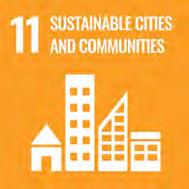
Research Outputs: 534
Number of Citations
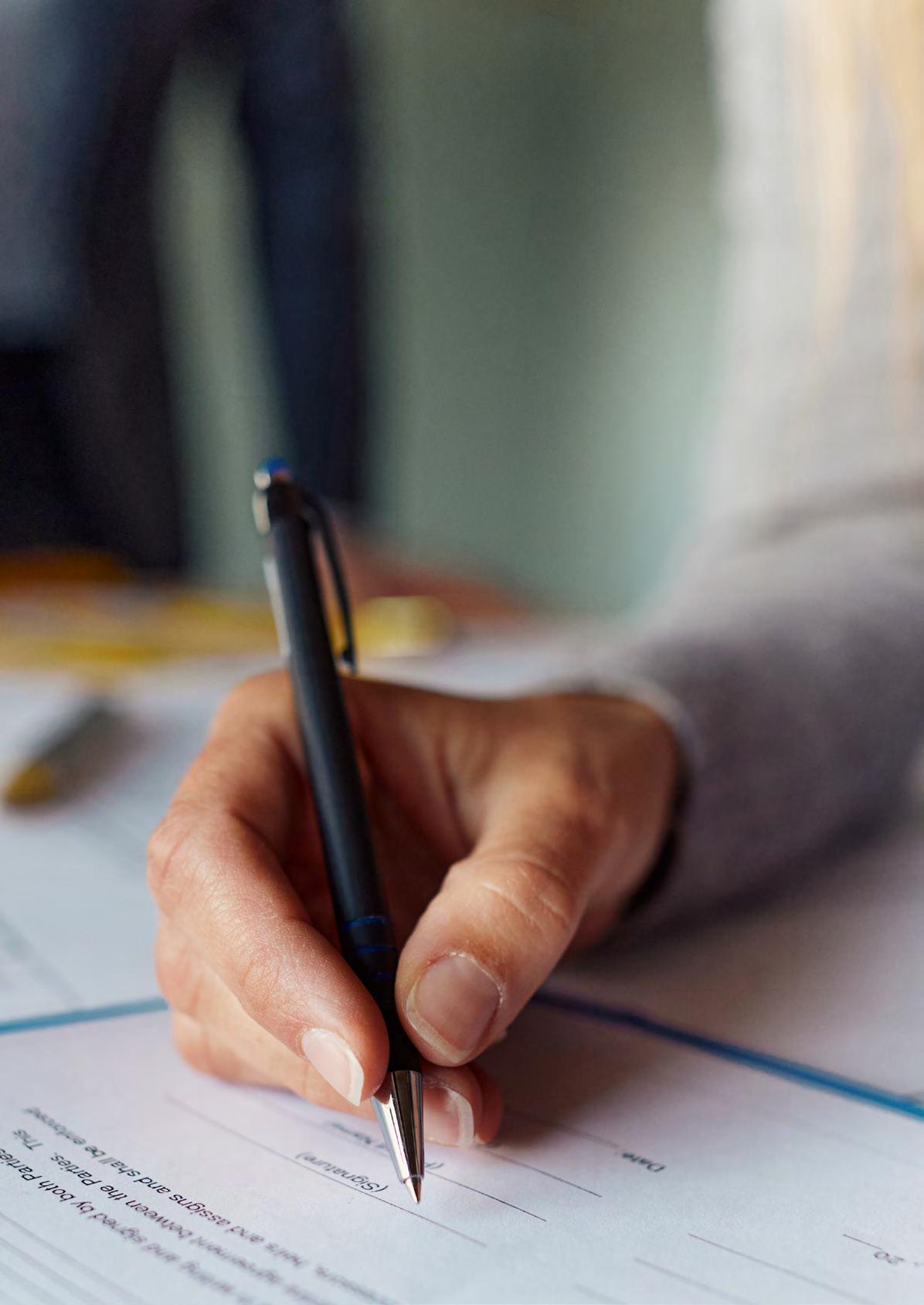
The University of Southampton has signed a landmark Civic University Agreement with Southampton and Winchester City Councils, Eastleigh and Test Valley Borough Councils and Hampshire County Council to drive economic growth and tackle social challenges in the South Hampshire region. Pledges have been made in six key areas specific to the needs of the South Hampshire region; creating more opportunities for education and new skills, reducing inequality, generating jobs and economic growth, sustainability, and investing in arts and culture.
The Civic Agenda is led by the Director of Civic and Arts Sue Littlemore on behalf of the University of Southampton, work towards empowering our community is supported by our staff and students and research units and institutes such as the Sustainability and Resilience Institute.
The University of Southampton have conducted research concerning faith and veganism (the experience of veganism among vegans of faith) and explored understandings and lived experiences of faith veganism and in so doing, revealed new insights into veganism and how sustainable practices such as plant-based diets, ethical consumption, and anti-consumption intersect with religion and culture. This new knowledge shows how people of faith, particularly vegans of faith, seek to consume responsibly, as well as produce and dispose of food in as sustainable a way as possible.
In 2023 Professor Ven Tauringana and ten colleagues worked with over 20 SMEs and charities helping them produce their first sustainability reports. SDG 12.6 encourage companies to adopt sustainable practices and integrate sustainability information into their reporting cycle. Indicator 12.6.1 states that progress towards SDG 12.6 shall be measured by companies publishing sustainability reports. This vital work was recognised by team winning the VC Award 2023 for ‘Supporting sustainability’.
Our Sustainable Resource Management module provides students with knowledge and skills related to the wide range of sustainability challenges surrounding waste collection, reuse, recycling, minimisation and prevention. The module considers human behaviour in relation to waste management, issues such as single use packaging, recycling rates, legislation relating to waste and the circular economy.
The University of Southampton provides a Strategic Operations and Supply Chain

Find out more:
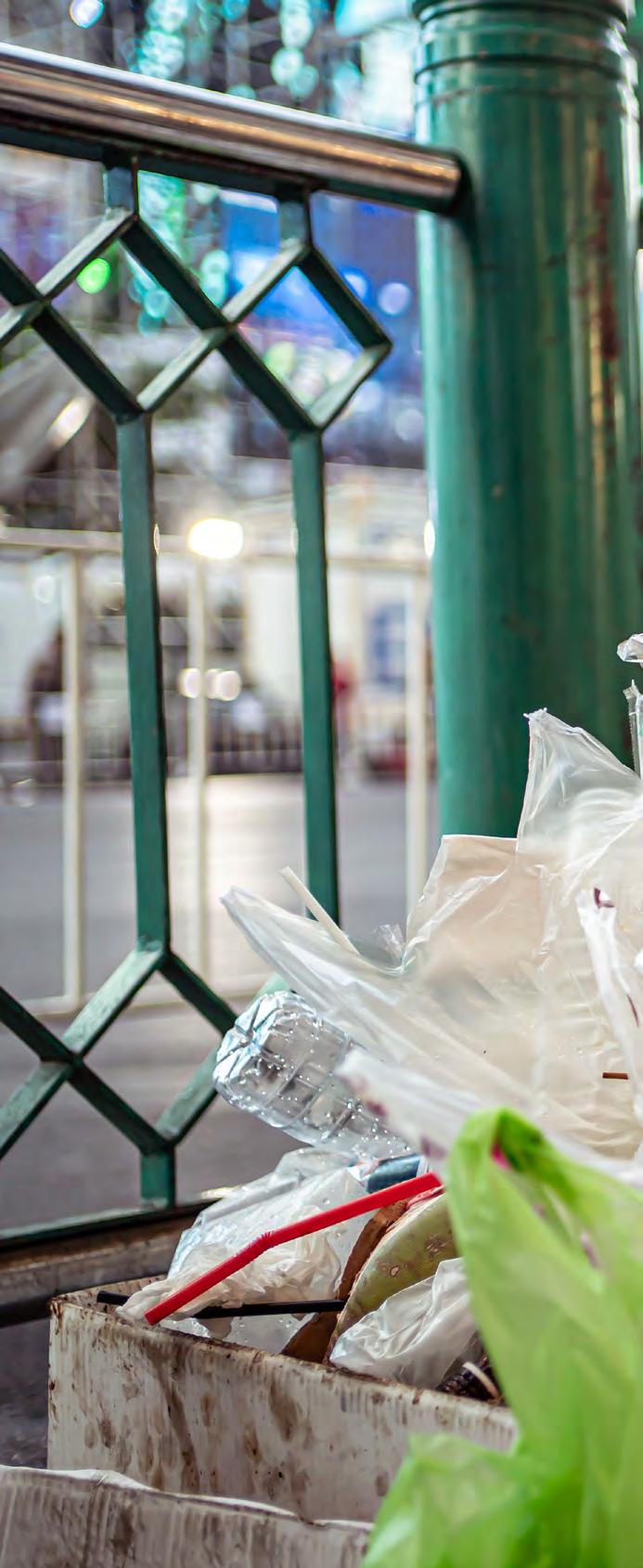
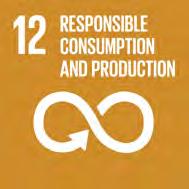

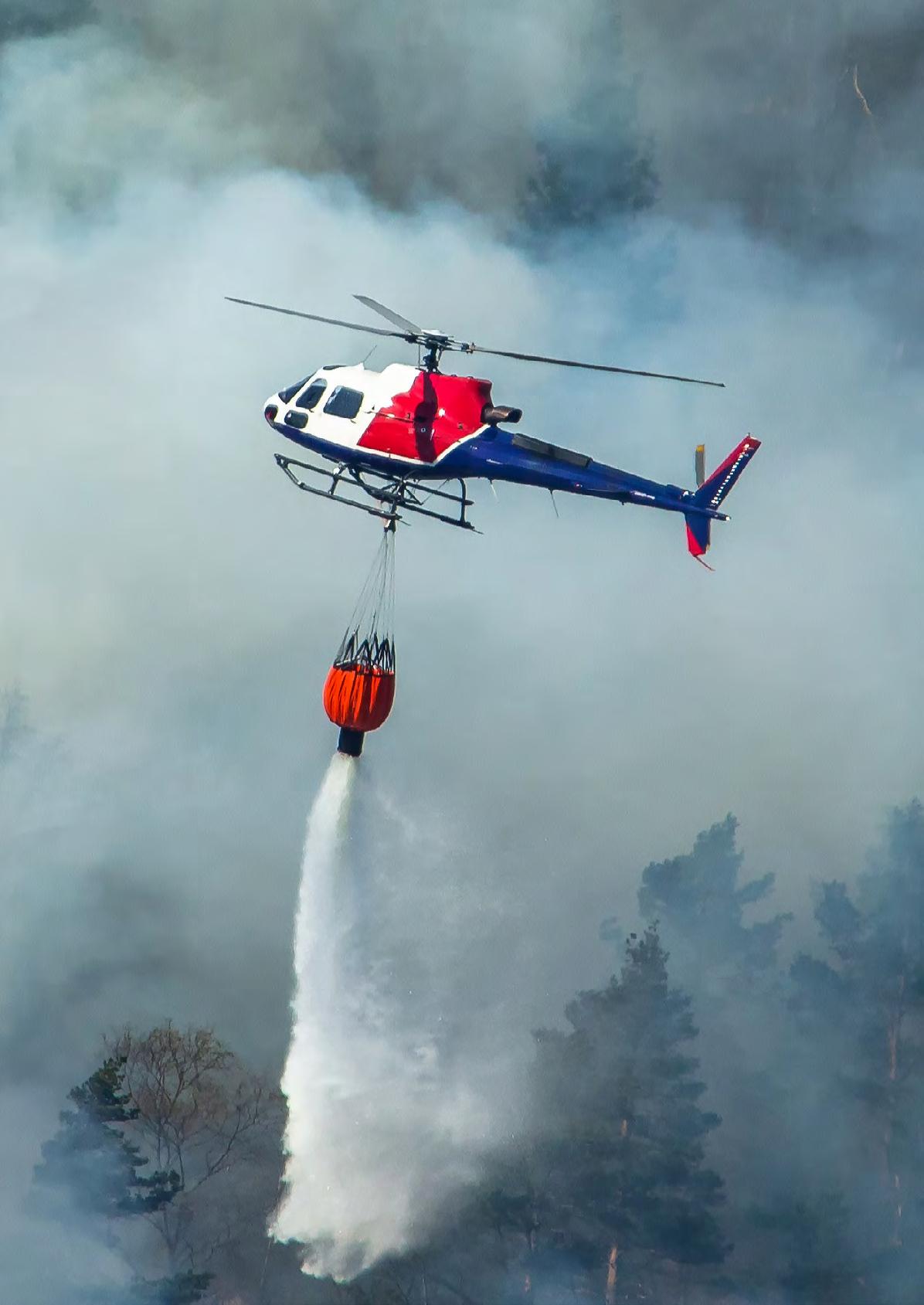
GPNET-0
Professor Helen Atherton is co-investigator on the Implementation of decarbonisation actions in General Practice to help achieve a net zero NHS (GPNET-0 Study). The GPNET-0 Study aims to answer the question: ‘How do institutional, organisational, professional, and patient factors influence the implementation and sustainability of actions to mitigate the greenhouse gas emissions associated with general practice?’ The study’s aims were to understand how general practice is implementing decarbonisation actions to help achieve a net zero NHS; and to generate actionable recommendations on how to support and accelerate the implementation and sustainability of actions to decarbonise general practice to help achieve a net zero NHS.
Doctor Ian Dawson conducted a study on the perceived risk of Global population growth (GPG) and behavioural responses to GPG among UK and US residents) shortly after the ‘8 billion milestone’. The global human population has reached 8 billion and is projected to reach 10 billion by 2060. GPG increases the likelihood of many adverse outcomes, such as biodiversity loss, climate change, mass migrations, wars, and resource shortages.and US residents) shortly after the ‘8 billion milestone’. The global human population has reached 8 billion and is projected to reach 10 billion by 2060. GPG increases the likelihood of many adverse outcomes, such as biodiversity loss, climate change, mass migrations, wars, and resource shortages. researchers and decision-makers in planning and allocating risk management responsibilities for floods and climate-driven hazards.
Doctor Leen Gammoh’s PhD research explored how food risk preparedness among Jordanian citizens is influenced by self-efficacy, sense of community, experience, communication, trust, and training. As flood and other disaster risks rise in association with climate change understanding the issues around preparedness of citizens to deal with disasters such as floods are of vital importance. This study found self-efficacy acted as a mediator between flood preparedness training and flood risk information, additionally a negative relationship was uncovered between trust in government entities and flood risk preparedness.
University of Southampton researchers have explored the deep-seated preferences of the public in terms of their greenhouse gas emission reducing behaviour. Conducting a large-scale study with over three hundred participants in collaboration with Southampton City Council. The study uncovered the complacency the public has towards their personal behaviour to reduce their emissions and preferences for ‘easier’ behavioural changes.
Students on our Environmental Science BSc and Integrated Masters programmes have no compulsory overseas fieldtrips, all fieldtrips are within the UK making use of the wide range of learning opportunities there are within the beautiful local New Forest. Our residential field trip takes students to Devon, reducing our transportation emissions considerably from a more remote destination whilst still providing our students with the high-quality teaching and field work skills so important to this academic field.
Actors have collaborated with Professor Ian Williams to develop ‘Stories in the Dust’ an eco-fable performance communicating the climate emergency to the under 12s including songs, and humour to communicate the climate change message in an accessible and understandable way. Stories in the Dust has been performed at MAST Mayflower Studios as part of their Emergency Festival, has been performed in schools and has been awarded further funding to go on tour.
Our Sustainability Strategic Plan sets out our carbon reduction targets. The University of Southampton have a target to reduce scope 1 and scope 2 carbon emissions to net zero by 2030 and we are working towards developing a robust approach to measuring scope 3 emissions and set an ambitious reduction target for scope 3.

Research Outputs: 185

16,440
Number of Citations
Field-Weighted Citation Impact: 2.55
73.8%
International Collaboration
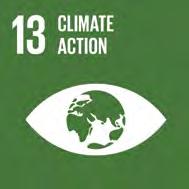
Find out more: Scan the QR Code to listen to a podcast episode related to this SDG!
Led by Doctor Vicky Dominguez Almela SarTECH
(Transforming sargassum monitoring through community and technology) aims to innovatively link technology and citizen science, creating new knowledge to better understand and manage the adverse environmental and socio-economic impact induced by the sargassum influxes along the Caribbean coast of Mexico. In partnering with local schools, communities, and regional experts, SarTECH seeks to mature the technology for near shore monitoring of Sargassum, generate new data and translate existing research to build school and community capacities in sargassum monitoring within Quintana Roo.
Since 2011 pelagic sargassum seaweed has been spreading throughout the tropical Atlantic ocean, causing massive impacts to coastal habitats and communities from Mexico to Ghana. SarTECH
project “Interactive Community Engagement Using Technology and Citizen Science for School and Community Capacity Building on Pelagic Sargassum in Mexico” funded by the University of Southampton’s Southampton Marine and Maritime Institute aims to kickstart community management and monitoring of this seaweed. Working with impacted communities this project has empowered these communities to work towards protecting and preserving critical ecosystems.
SarTECH has co-developed teaching materials which have been integrated into the teaching provision of ten educational institutions which has led to further developments and resources allowing students to conduct their own experiments.
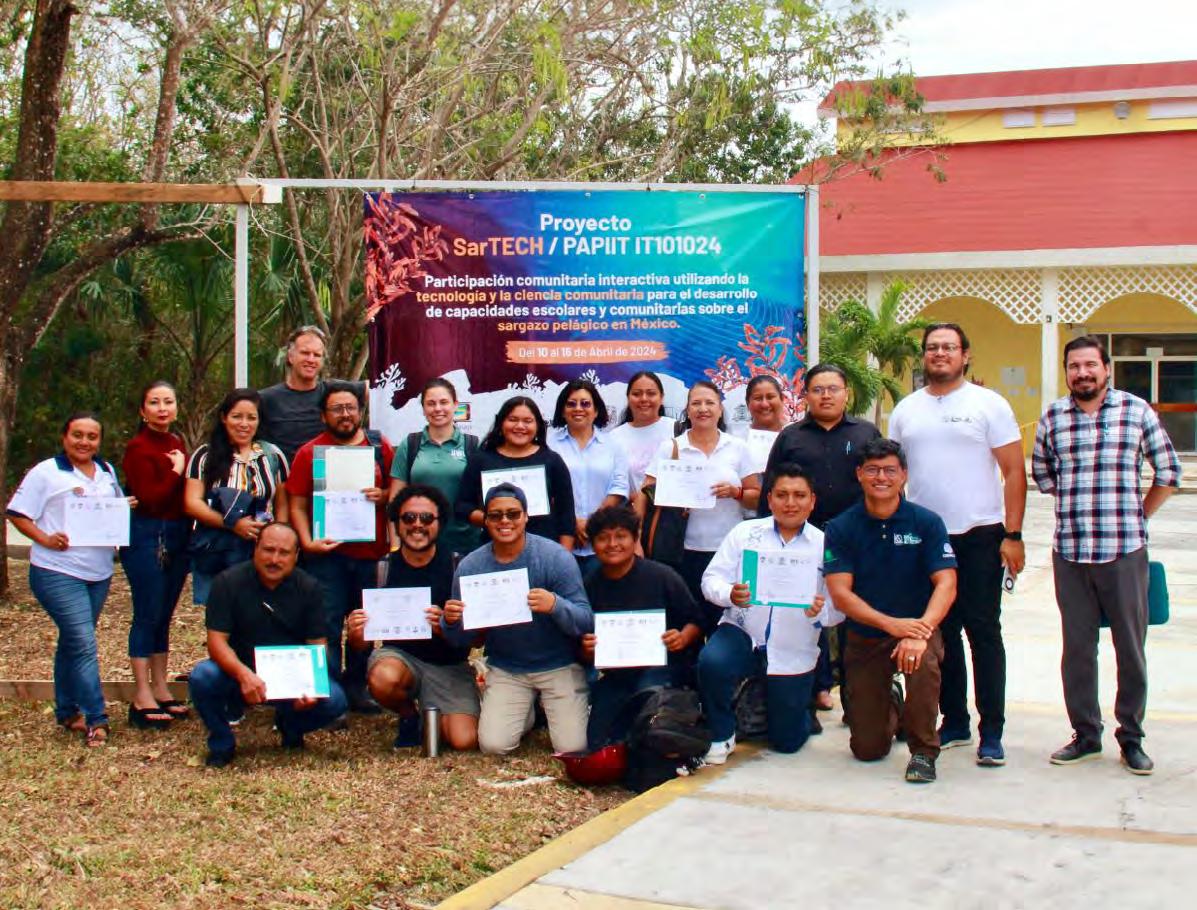

Studland Bay Marine Partnership Eco-Moorings
Working as part of the Studland Bay Marine Partnership Doctor Ken Collins has conducted research protecting the Studland Bay Marine Conservation Zone seagrass habitat from boat anchoring damage by installing eco-moorings and providing the monitoring evidence to prove their effectiveness.
The University of Southampton’s Southampton Marine and Maritime Institute (SMMI) Healthy Oceans Special Interest group works to promote leading research and industry expertise to address the challenges facing our oceans, from the environmental and ecological to conservation. Key areas for this group are monitoring marine biodiversity, marine pollution, marine resilience and anthropogenic impacts on marine life.
The University of Southampton is a hosting partner for one of the world’s top oceanographic institutions the National Oceanography Centre This provides our postgraduate and undergraduate students the opportunities to study in a world class and cutting-edge facilities, research vessels and a wide range of unique fieldwork opportunities.
The University of Southampton is a partner in the Seaweed School & Community Network spanning the UK, Mexico, Jamacia and Ghana. The School and Network aim to educate the younger generations the environmental impacts of influxes of seaweed. The aim of the Seaweed School & Community Network is to empower young people with knowledge, and through this spread awareness through their communities.
The Poole Together project aims to bring together secondary school students with diverse stakeholders concerned about the increasing ulva macroalgal (seaweed) blooms in Poole Harbour.
The University’s catering service is committed to only sourcing fish from sustainable sources and avoids any species named on the Marine Stewardship Council endangered list. With this commitment laid out in the catering Environment Policy
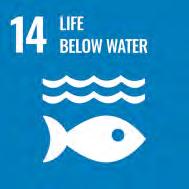

Research Outputs: 637
10,933
Number of Citations
Field-Weighted Citation Impact: 1.82 International Collaboration
77.9%
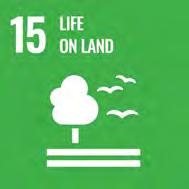
Ecological Doom Loops
Research Outputs:
The University of Southampton has collaborated on research that has found that extreme weather events and rising environmental stress levels combined are increasing the likelihood of the collapse of ecosystems. This research used computer modelling to examine four ecosystems under threat to identify ‘tipping point’ factors, where collapse would become inevitable. Researchers found that continuous stresses such as climate change, agricultural expansion and unsustainable land use combined with extreme weather events accelerated the timing of a predicted tipping point, bringing it closer to the present day by up to 80%.
Glascsweb
The University of Southampton is studying glaciers using new technologies (developed by the University of Southampton) and sensor networks to contribute to fundamental glaciology research and environmental sensor research. Sensors developed by this project can be airlifted by drones onto icy glaciers to measure climate change impacts allowing access to areas that are impossible to reach by humans.
We offer a Biodiversity and Conservation Masters degree programme, students gain applicable skills in monitoring species diversity, population change, abundance and distribution. Students also learn about the socioeconomic context and human causes of various environmental issues and gain an understanding of the legal frameworks of environmental regulation.
Nature and Biodiversity Community Hub

The Nature and Biodiversity Community Hub is a community of local groups, university staff and students who have an interest and commitment to protecting nature and biodiversity. The hub hosts events and engagement
opportunities locally, with a particular focus on young people and local communities. The hub promotes local collaboration between students, the university, and the community to support the local environment.
Valley Gardens is a botanic garden on our Highfield Campus which is home to a wide variety of plant and invertebrate species, students, staff and visitors have access to this area and can enjoy the bountiful wildlife, complimented by the wellestablished mental health benefits of regular and unrestricted access to green space.
The University of Southampton has achieved Gold Accreditation by the British Hedgehog Preservation Society, this accreditation was awarded to the Hedgehog Friendly Campus Society and builds on previous efforts towards hedgehog preservation and safety on campus with the University previously holding Bronze and Silver status.
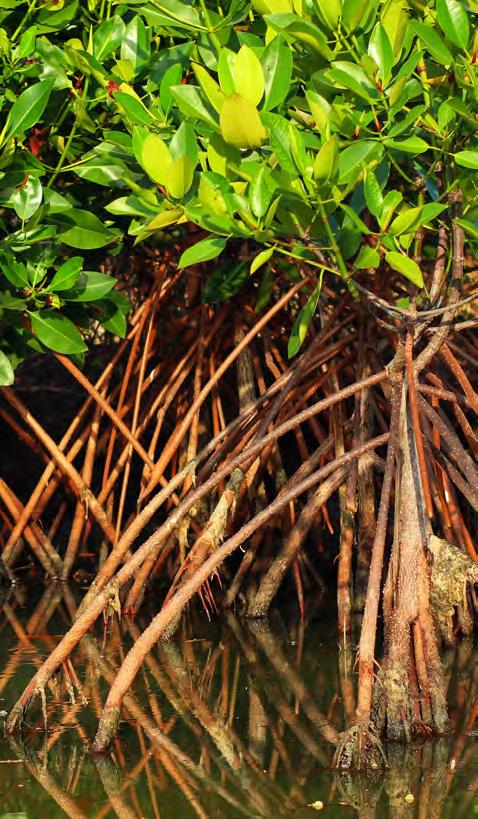

The University of Southampton’s Centre for Justice Studies consists of a network of legal and other academics that explore and research criminal justice, criminal law and punishment. The centre works internationally and across disciplines and engage in collaborative and coproductive research involving a wide range of stakeholders. Questions engaged with by the Centre involve those around fairness, legitimacy and marginalisation.
University of Southampton researchers, led by Doctor Gina Vale and funded by the University of Southampton Web Science Institute have investigated human trafficking victimhood and its role in terrorism offending. This research explored the consequences and parameters of digital human trafficking and terrorism offending. The rise in usage of online platforms by young users researchers identified the importance of understanding the relationship of digital human trafficking and terrorism.
We offer undergraduate and postgraduate industry accredited law courses. We offer opportunities for student shadowing of barristers in their work environment, and we also provide a built courtroom for our law students to have hands on experience to practice presenting cases in this simulated environment.
Public Policy Southampton is our unit dedicated to connecting researchers with policymakers across local, national and international government
to support evidence to policy mechanisms and relationships. Public Policy Southampton keeps researchers informed on current Government Areas of Research Interest, provides funding to projects through The New Things Fund, connects policymakers with researchers to support policy development and develops policy briefs among many other evidence to policy supporting schemes and activities.
Public Policy Southampton provides researchers with opportunities to take placements and secondments within government bodies. The annual Policy Associate Scheme allows Post Doctoral Researchers and Postgraduate researchers to work on short term projects gaining new skills and supporting University projects through providing stakeholder analysis and policy synthesis.
The University of Southampton has a code of practice to ensure the freedom of speech for staff, students and visitors.
We run a Report + Support service, allowing users to report an act of discrimination, harassment, hate or abuse either anonymously or with their contact details to allow a support worker to contact them.

Find out more:
Scan the QR Code to listen to a podcast episode related to this SDG!
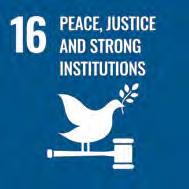
The University of Southampton collaborates globally with academic institutions, non-governmental organisations, charities, international, national and local governments and communities. Our collaboration across countries and organisations across the SDGs and sustainability in research is vital to sustainable development.
We collaborate through our Sustainability and Resilience Institute with the United Nations Sustainable Development Solutions Network and develop and support numerous other international, national and local networks.
University of Southampton Modules (UOSM) provide students with the opportunity to take an interdisciplinary module to deepen their understanding on a topic outside of their degree course and engage with students outside their own study area to gain new insights and views. Topics generally address current issues globally and are offered in the second year of study.
We engage with the EAUC Alliance for Sustainability Leadership, collaborating on delivery to create a partnership approach to sustainability across the higher education sector. We attend events, contribute workshops at the annual conferences, provide case studies, and network with other collaborators to extend our collaborative approach to sustainability as wide and far as possible.
international non-profit organisation called Green Islam which seeks to advance environmentalism and climate action within the global Muslim community. We have a website with dedicated information, and hosted a 3 day Summit in Istanbul. This event brought together vegan, animal rights, and environmental activists from across the world to share knowledge, collaborate, and create synergies. As a result partnerships formed and become a coalition organisation which seeks to support each partner in advancing climate action in their respective regions.
We are a signatory of the SDG Accords, through this we are obligated to report our SDG progress across the University annually.
The purposes of the SDG Accords are “First it is to inspire, celebrate and advance the critical role that education has in delivering the UN Sustainable Development Goals (SDGs) and the value the interlinked objectives brings to governments, business and wider society. Second, the Accord is a commitment made by learning institutions to one another, to do more to deliver the SDGs…” Research Outputs: 10,420

209,502
Number of Citations
Find out more Scan the QR Code to listen to a podcast episode related to this SDG!
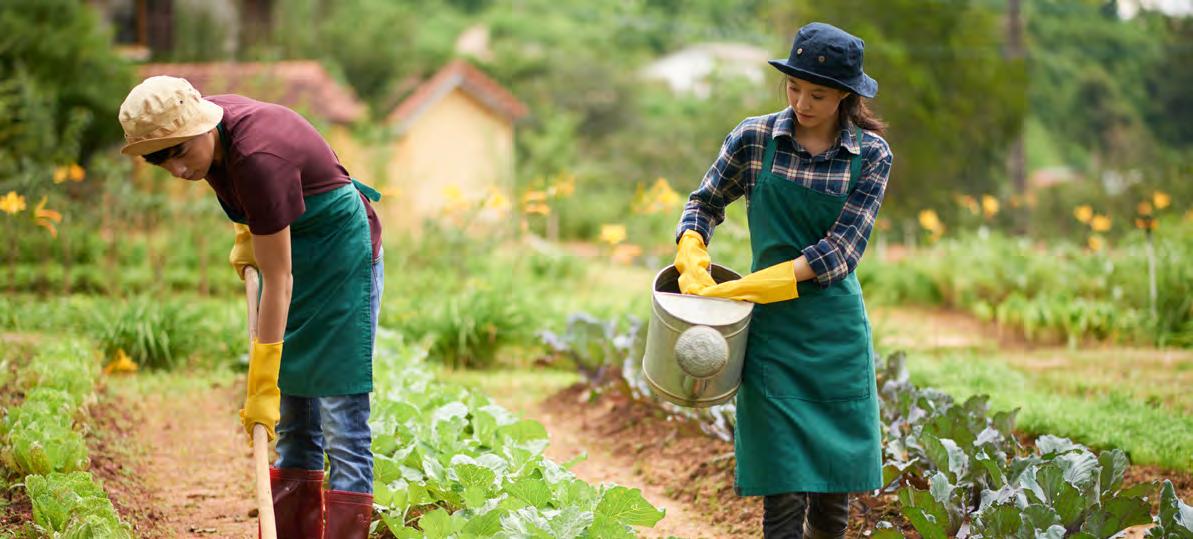
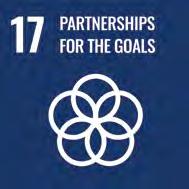
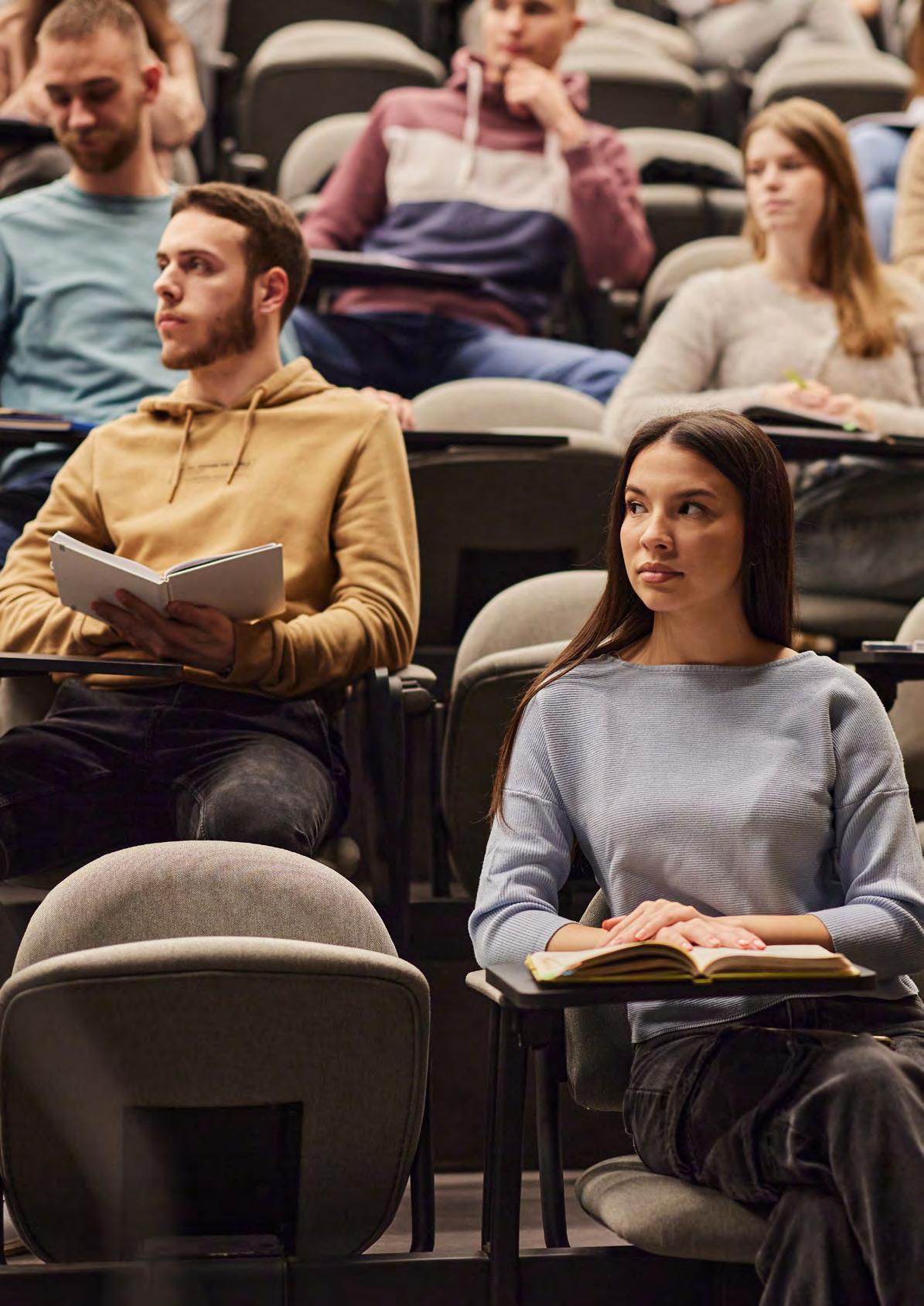
The University of Southampton’s commitment to education for sustainable development (ESD) is clear and forms Goal 4 of our six Sustainability Strategy goals, which is signed off at University Executive Board with a member of UEB as the University Champion. The ESD Goal 4 ‘Ensure Sustainability is embedded across all our programmes by 2025’ also sit as one of the five University Education Strategic Major Programmes, with senior responsibility sitting with our Vice-President Education Prof Deborah Gill.
We have developed our own University of Southampton specific ESD framework and strategy. Our strategy is apparent through Goal 4 of our Sustainability Strategy supported by a set of time-specific targets. The University of Southampton has developed our own Universitywide Curriculum Mapping framework where every Undergraduate and Postgraduate programme is mapped to the UN SDGs. This has led to a set of university-wide School and Programme ESD documents outlining where the SDGs are delivered, followed by School & Programme specific ESD curriculum development student and staff workshops.
In 2023 we launched the Meliora Podcast from the Sustainability and Resilience Institute. The podcast is the next step in sustainability learning and skills for students, staff and alumni. Built entirely around a truly equal collaborative approach between undergraduate students and staff, students are given the opportunity to contribute to the podcast through selecting and conducting their own research into the full spectrum of sustainability issues that cover each and all of the environmental, economic, social and cultural dimensions that make this such a fascinating and rewarding problem to explore. The Meliora Podcast is liberating for our students and the sustainability research work that goes into the Higher Education community. Students have an equal platform to academics, transforming the scale of reach of sustainability knowledge exchange outside of universities, due to their fantastic work being freed from the physical restraints of the classroom and assignment portals to be shared across the world.

The University of Southampton has been recognised for its excellence in its partnerships and collaboration globally, achieving 69th in the world in SDG 17 in the Times Higher Education Impact Rankings.
Collaboration is at the heart of The University of Southampton’s approach to research, both internally and externally.
We partner with institutions across the world, from the academic, government, medical and other sectors to produce research that is world leading and cutting edge.
Collaboration
Collaboration
Academic − Corporate
Academic − Corporate
Academic
Academic
Academic
Academic
Government
Government
Medical
Medical
Academic Only
Academic Only
Academic
Academic
Other
Other
4. % of University of Southampton research for each SDG produced with international collaboration.

Over 50% of all our research on 15 of the SDGs is produced in international collaborative partnerships, SDG 16: Peace, Justice and Strong Institutions across the sector shows lower levels of international collaboration as many institutions.
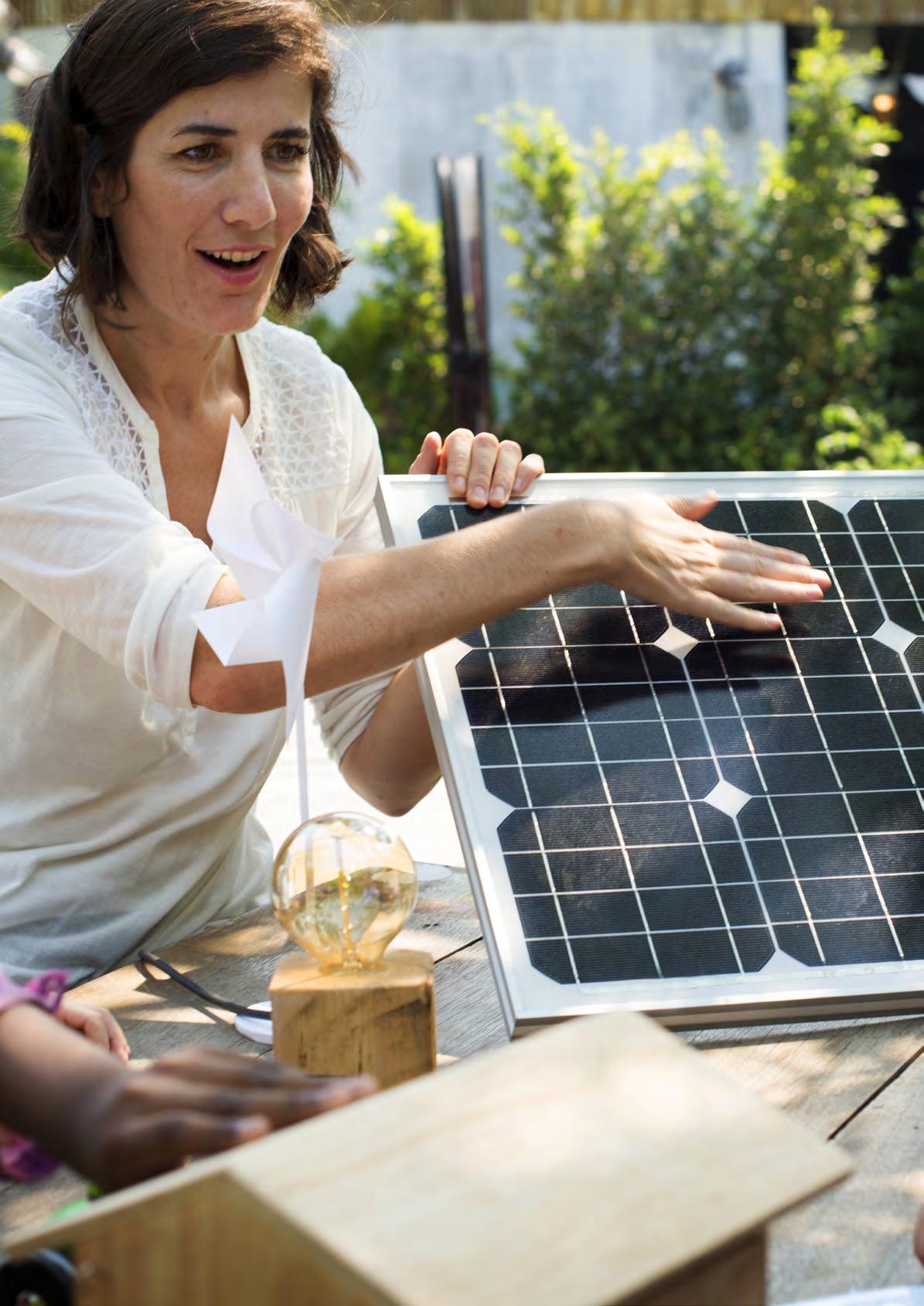
As we reflect on our progress working towards the Sustainable Development Goals and the examples given in this report of the impressive array of work our researchers, staff and students have produced in 2023 we look forward what will be achieved in in the future.
Thank you to all our staff and students in our combined effort from all areas of the University to strive towards a more sustainable future.
